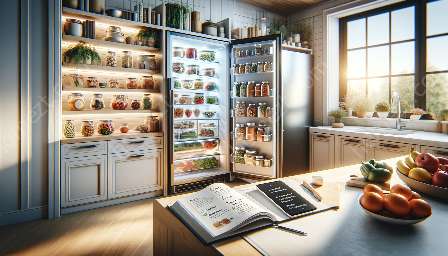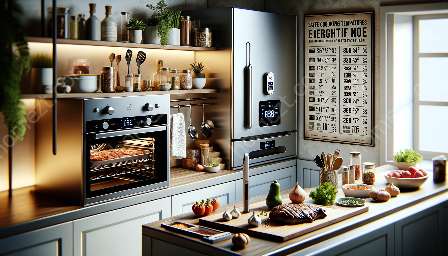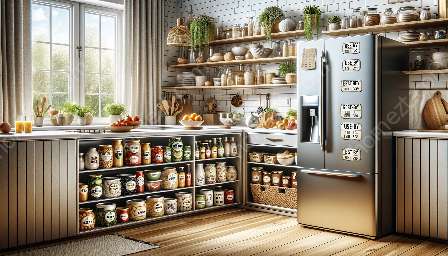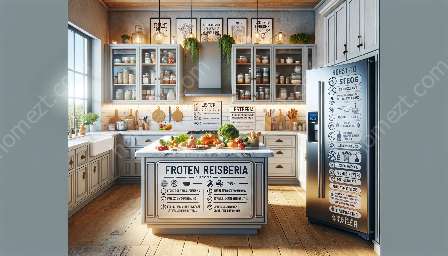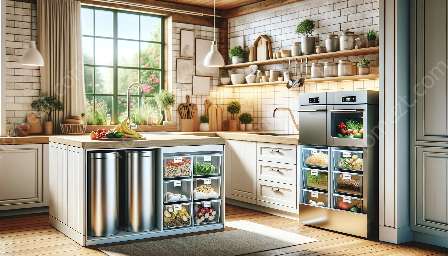Proper food storage in home kitchens is crucial for maintaining food safety and ensuring the overall safety and security of the household. By understanding the best practices for food storage, you can prevent foodborne illnesses, minimize food waste, and create a healthy environment for your family.
The Importance of Proper Food Storage
Proper food storage plays a vital role in preventing the growth of harmful bacteria, mold, and other pathogens that can lead to foodborne illnesses. It also helps in preserving the quality and freshness of the food, ultimately reducing food spoilage and waste.
Additionally, when food is stored appropriately, it minimizes the risk of contamination and cross-contamination, which is essential for maintaining optimal food safety in home kitchens.
Connection to Food Safety in Home Kitchens
Proper food storage directly correlates with food safety in home kitchens. By following recommended guidelines for storage, such as maintaining proper temperatures, utilizing airtight containers, and labeling items with expiration dates, you can significantly reduce the risk of foodborne illnesses and ensure that the food you serve to your family is safe to consume.
Best Practices for Proper Food Storage
1. Temperature Control: Refrigerate perishable items promptly and store them at the appropriate temperature to prevent bacterial growth.
2. Labeling: Clearly label and date all food containers to track their freshness and ensure proper rotation of items.
3. Utilizing Airtight Containers: Use airtight containers to store food items such as grains, cereals, and pantry staples to keep them fresh and protect them from pests.
4. Organizing the Fridge: Arrange food items in the refrigerator according to recommended storage guidelines to prevent cross-contamination and maintain optimal freshness.
Connection to Home Safety & Security
Proper food storage also contributes to home safety and security. By implementing effective food storage practices, you can reduce the risk of food-related accidents, such as food poisoning and allergic reactions.
Conclusion
Understanding and implementing proper food storage practices in home kitchens is essential for promoting food safety and enhancing overall home safety and security. By following best practices and guidelines for food storage, you can create a healthy and secure environment for your family.

